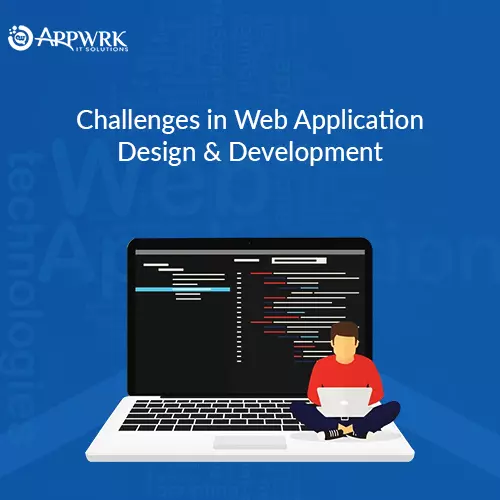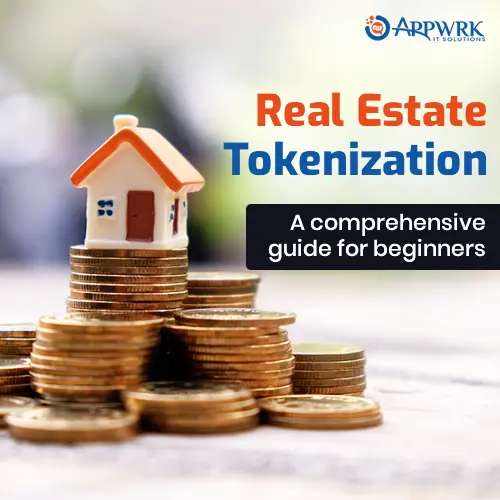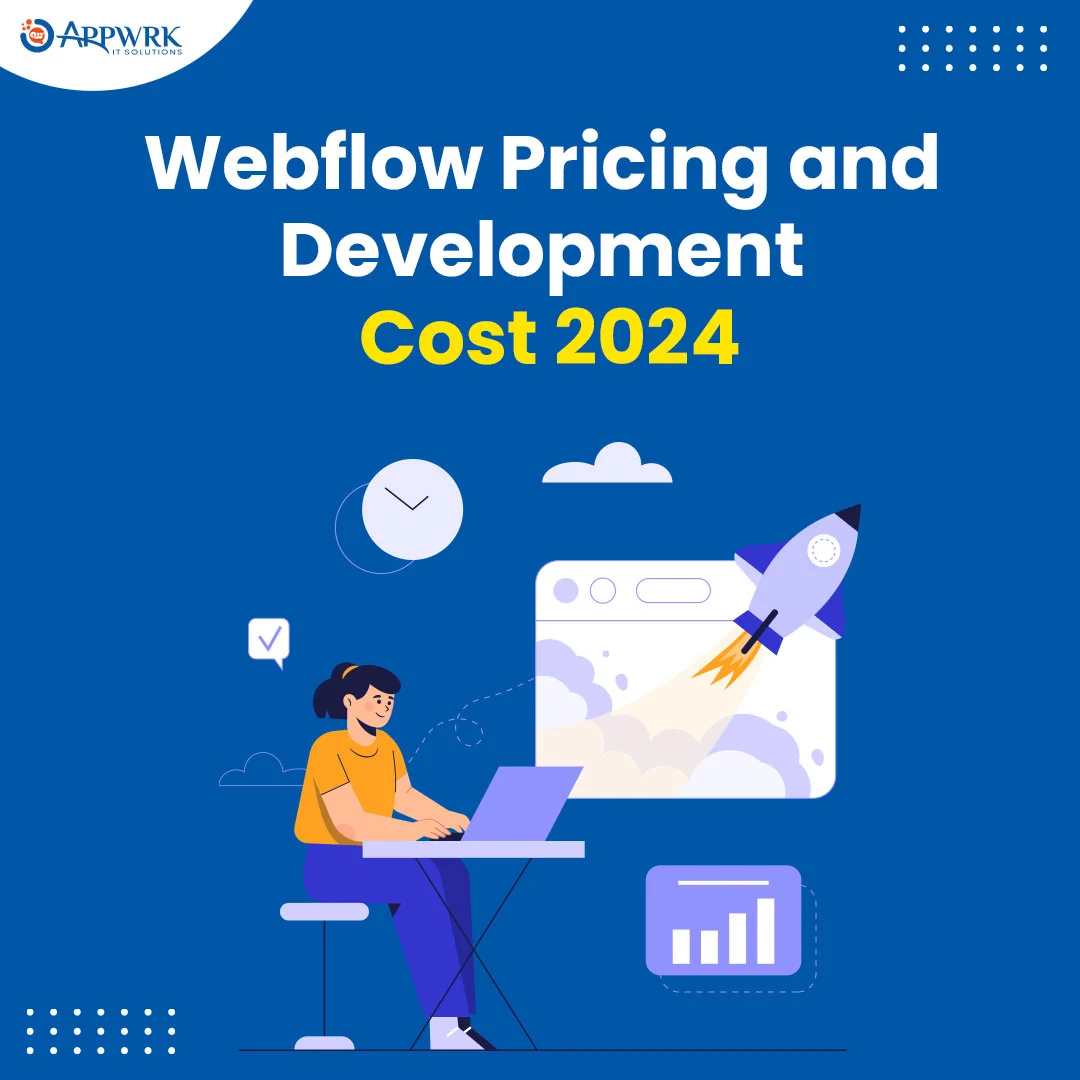How much does it cost to build a real estate website?
Gone are the days when building a real estate website seemed to be quite difficult. There is a lack of awareness of the types of website development frameworks, no idea about the IDX tools, no budget planning, and improper information about the best & cost-friendly real estate website development companies.
With the rise of technology and the emergence of mobile phone users, everyone, whether a beginner, an entrepreneur or a startup firm, can know everything related to a website in a few clicks. They can know the latest technologies to design a website, the tools and experts required to build a seamless website, and how dynamic real estate websites can help them take their business to the next level. One important thing most people always forget or overlook is the cost of the website. Hence, they end up with an irregular financial system.
If you’re planning to design a new real estate website for your business, it would be better to go with strategic planning. To help you understand more about strategic planning and save money while designing a stunning website, we have curated a list of a few important considerations that you must read on.
Keep reading the post; at the end of this, you’ll also get to know about the designing cost. Before we move, let’s look at a few stats showing the importance of real estate websites.
Table of contents
Overview of the Real Estate Market
- According to data from the National Association of REALTORS®, 5.64 million existing homes were sold in 2020. It shows people are in high demand to buy homes. That produces curiosity in real estate agents to help meet their target customers’ needs. As a result, they initiate the process by building a user-intuitive website.
- According to Realty Biz News, by 2025, Millennials are expected to form more than 20 million new households.
So, you can see how Real estate market is expanding. If you want to make the most of your real estate business, then a website would be a great way to kick-start your adventure.
- A website will help you build a strong web presence for your business.
- It helps people get the most exposure to your listed properties.
- It helps you generate more leads.
- It also helps you to pitch the people and market you’ve met yet.
- As websites have no working hours, your target audience can find you anytime, anywhere.
- It helps people know about your business and your services.
- It helps you exchange information more quickly.
Hopefully, you’ve understood the importance of websites. If that’s the case, then it’s time to uncover the important considerations you keep in mind while designing a real estate website. So, why wait? Let’s jump right into them.
Important Things to Consider While Designing a Real Estate Website

1. Keep an Eye on Your Top-notch Priorities
The first step that you must follow is to figure out what your top-notch priorities are. By analyzing your priorities, you can better decide for what purpose mainly you are designing a website. In addition, also try to understand whether you need to hire an in-house team of website designers to help you create a stunning website or you’re just fine with DIY. Hiring a team of professionals may seem to you a big investment, but you’ll get plenty of results in return.
What else should be your priorities?
- It would be best if you analyzed your goals for designing a real estate website.
- You must have a clear vision of what you want to communicate through your site.
- You must have a clear understanding of what type of focused keywords should play a vital role on your website.
- Ask yourself do I have unique and quality content to publish on my real estate website?
- Last yet most important is what type of resources I need to promote my site.
When you prioritize these queries and find answers to your questions, then there will be no hurdles in your way to designing a scalable website.
2. Knowledge of Real Estate Domain
This is one of the most important aspects of building a real estate website. Without proper knowledge of the domain, it’s directionless to develop anything. You need to check for the target audience, target area like urban or rural, and scale of the users. There are certain rules and regulations, which need to be followed in real estate, so that must be considered to match the compliance.
3. Understand Your Website Requirements
Next, understand your website requirements. Think twice about whether you want a fully customized website or not so that you can optimize it according to your needs, such as lead generation, more credibility, enhanced brand awareness, and so on. If you’ve analyzed your requirements thoroughly, then focus on creating a website that can give you full control over it. For example, if you need a website for people to subscribe to your email list, you prefer designing higher-functioning websites.
If you don’t have any idea what your website’s key requirements should be, don’t worry! We’ve started a list for you.
- It must promote your brand.
- It should be easy to navigate.
- It should be able to hit the target niche market.
- An effective call to action and contact form must be integrated to draw more visitors.
- It should be able to capture leads.
4. Consider SEO
Search engine optimization is a game-changer for your website. If your website is SEO-friendly, chances are it will rank high on the search engine results and boost your brand awareness. Although the real estate market is dominated by giants like Zillow, Trulia, and Realtor.com, you still have a chance of getting a high ranking in Google if you focus on local SEO by adapting excellent SEO practices.
Here, we’ve listed down the best SEO practices that you can consider implementing for your real estate website.
- You can perform an SEO audit.
- You can publish unique and high-quality content regularly on your website.
- Using visuals, such as video and images, you can draw more customers to your site and generate more traffic.
- You must use structured data markup to help Google understand what your content is all about, so it can rank on the top spots.
- It would be best if you earn featured snippets.
- You can add your site to Google My Business and other relevant directories to get better results.

5. Give Equal Importance to Design
Typically, a real estate website contains so much information that it makes it slightly difficult to navigate. So, for a good user experience, you need to design your website so that users can easily navigate it. The more user-friendly UI of your website, the more users get engaged with it. Nowadays, users not only want a good UI but also ease of use. So, this way, it has become a major requirement for your website design.
If you are unfamiliar with what type of design your real estate website must have, then the below-mentioned tips will help you.
- There should be clear maps on your website to show viewers exactly where listed properties are located.
- Try to add the face name of the firm you’re posting on your site so that users can quickly understand that they’ve already seen them or have heard about them.
- Your website design gives viewers a perfect walk-through for real estate agencies specializing in commercial and residential buildings on rentals or luxury homes.
- Your website must have personalized real estate shopping gateways so that users can enjoy a seamless shopping experience.
- Don’t forget to add locales on your website for easy access to customers.
6. Budget
The last but most important consideration on this list is budget. Create an effective plan for the approach which you want to follow for website development. Hire an organization that has good knowledge of the real-estate domain. Other factors include the technology and the number of resources you need to develop your website as per your budget. If we dive deep, then there are many costs that you must take into account. For example, the cost of the IDX tool, the cost of hiring professional website developers, the cost of CMS integration, and the cost of hosting and ongoing maintenance.
- Cost for IDX Tools
Real estate websites always need IDX tools for efficiency. Therefore, it becomes important to see IDX tools’ costs on a wider screen so you can get a clear picture of your budget. If we talk about the upfront cost of IDX tools, then it includes vendor fees and MLS charges. Both of the charges can vary according to the development standards. Considering the initial and ongoing cost of those tools is a must if you want to get the clearest picture of what you’re projected to spend on a new real estate agent website.
- Cost of CMS Integration
Another important cost that you must give importance to is the cost of CMS integration. As you are designing a real estate website, you might be thinking of making some quick edits to your site when you want. Right? This is where CMS (content management system such as WordPress, an administrative tool) comes into the game. It allows you to manage and make edits to the content of your website seamlessly. CMS integration will give you full access to update your website without relying on website developers or designers. But all it is possible when you use custom modules and plugins, which are highly important to manage advanced components of your website. The surprising thing here is that some custom modules and plugins are paid. So, you have to consider this cost carefully.
- Hosting & Ongoing Maintenance Charges
When you have successfully designed a website to ensure its consistency and smooth functionality, you have to spend some extra bucks, usually termed hosting and maintenance charges. In hosting and maintenance, you have to go through the security updates and patches, CMS and plugin updates, data back-ups, monthly reporting, and so on that requires money.
- Professional Developers Cost
To create a dynamic and fully functional real estate website, you may also need to hire professional developers. You have two options: a freelance designer and the other is a professional website development firm. We recommend you go with the best website designing firm equipped with a team of professional developers and designers. With a broad range of experience in real estate website designing, they will help you with customized designing services that will shed your designing cost to almost half, and you’ll enjoy many competitive benefits such as regular consultation, regular updates about your project and so on.

What Would be the Final Cost?
Well, the minimum price of designing a user-friendly real estate website can be approximately $199 to $399. However, based on the requirements such as size, complexity, and who will develop your website, the price can vary.
In addition, based on the types of websites, like informational, custom functionality (mid-size), custom functionality (large), and database driven, there can be slight price variation. If you choose the best website development company, they might help you reduce time and cost with their skills and dedicated team of experienced developers.
Final Remarks
Having a real estate website arguably gives you better leads and more revenue. Your potential competitors may also be using websites to showcase their services, list their properties and so on. It would be better for you if you focus on creating a highly functional and user-friendly website. Add client’s success stories on your websites. It can help your target audience understand that you’ve done a great job in the past and will serve them with the best services as well. In addition to it, add strategic content with highly ranking keywords, so your blogs and site can rank high on the search engine results.
If you’re looking for the best website development company to create a robust real estate website for your business, then APPWRK IT Solutions is here to help you out. Our expert developers will design a stunning website for you and give you a chance to enjoy less real estate website cost.
Have a website idea in mind? Please consult us for a brief!
Related Links
About The Author






 Free Quote
Free Quote
















































